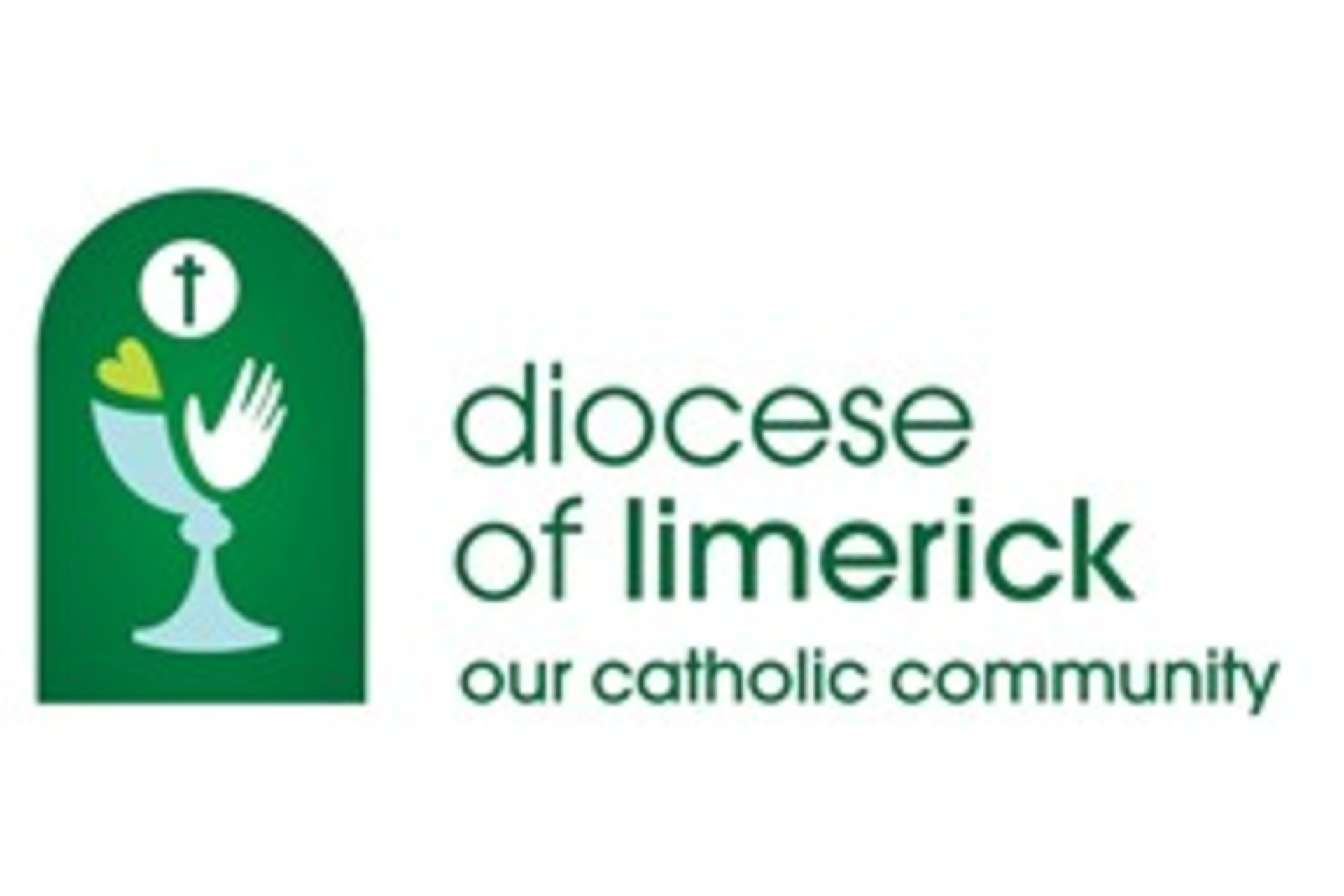- 23
- Mar
- 2025

Diocesan Pilgrimage to Rome. Mass in Castel Gandolfo
It was probably the talk of the town at the time. Two tragic events had occurred that had caused quite a stir. Roman soldiers under the command of the infamous Pontius Pilate had carried out a cruel killing of people in the Temple, and then the tragic collapse of the tower of Siloam also in Jerusalem, which resulted in 18 deaths. People were talking about these events and probably saying it was because the people killed had previously done something bad and so God had punished them. But this is not the God Jesus knew, the God he wanted to tell us about, the God who hears the cry of the poor and comes to our help always. So Jesus corrected people’s false notion. As is written in one of the psalms, Jesus knows that God “does not deal with us according to our sins” (Ps 103:10), but according to his mercy.
Taking these tragic events that people were talking about and which, as always in the case of tragic events, caused people to think, Jesus gets them to reflect more about themselves and their relationship with God. Jesus realises that, in a way, those who came to him were perhaps thinking: ‘Those others “deserved it”; “I’m fine”.’ Jesus wants to help them see that, as the Second Reading puts it, if you think you’re on your feet, be careful not to fall! The point is that the victims of the tragedies were no worse than others. The fact is that for all of us there is a need to convert, to take some steps in drawing closer to God and our neighbour. And those steps are to be taken middle of our everyday life. We get that message from Moses who out in the wilderness, while he was going about his everyday business as a shepherd, heard the Lord’s call and he replied, ‘Here I am’. His everyday life became holy ground for conversion.
To encourage us in our conversion, Jesus goes on to tell a parable that is both consoling and challenging. It’s the parable of the fig tree that is not producing fruit. The owner of the orchard in the parable represents God the Father and the vinedresser or gardener is Jesus, while the fig tree is the symbol of us, of humanity that is not really that much bothered about producing fruit or otherwise. The owner of the orchard (God the Father) would be perfectly justified to say “enough; you’ve have been given enough of time to bear fruit; don’t be wasting any more space”. But the vinedresser/gardener (Jesus) pleads for more time and is given it. In other words, Jesus gets more time for us, for humanity and he promises he’s going to do his part to help the fig tree bear fruit. This is consoling. We are given time. And Jesus promises to help us. But, this parable is also a wake-up call. The time we are given is meant for conversion.
Commenting on this Gospel a few years ago, Pope Francis said: ‘I like to think that a nice name for God could be “the God of another possibility”.’ Our God is the God who gives us another chance. The Pope continued, “Brothers and sisters, God believes in us! God trusts us and accompanies us with patience, the patience of God with us. He does not become discouraged but always instils his hope in us.” With the time we’re given, we can hope we can be saved.
How many Lents will we have in our lives? We don’t know. But Lent is a sacred season given to us to focus on our personal conversion as well as our conversion in society and in the Church. Our heart is still beating. We still have a chance to love that bit more from our heart. In our heart, each of us will be aware we need to correct something in our lives, in our way of thinking, of behaving and of living our relationships with others. I know at the beginning of Lent I was struck by that sentence of the Gospel that says, “Why do you look at the speck of sawdust in your brother’s eye and pay no attention to the plank in your own eye?”. But each of us will have some element of the Gospel they know they need to improve on. So, on our Jubilee pilgrimage, let’s ask God for the grace, in the time we’re given in this life, to be able to take whatever steps he’d like us to take in loving him and our neighbour more. We’ll all have specific ways we can think of in our heart. The heart is the holy ground where Jesus is present with the Holy Spirit, revealing to us his closeness, helping us grow.
Carlo Acutis, the young teenager saint that Pope Francis will be canonising after Easter this Jubilee Year, used to say that time is a great gift. It is something precious. He liked the saying the ancient Romans had: “Carpe diem! (Seize the day!)”. I think he would encourage us to take today’s Gospel to heart, because, as he put it, every minute wasted – in terms of love of God and neighbour – is one less minute to glorify God. After all, it is to the glory of God that we bear much fruit, the fruit of love of Jesus in our neighbour.